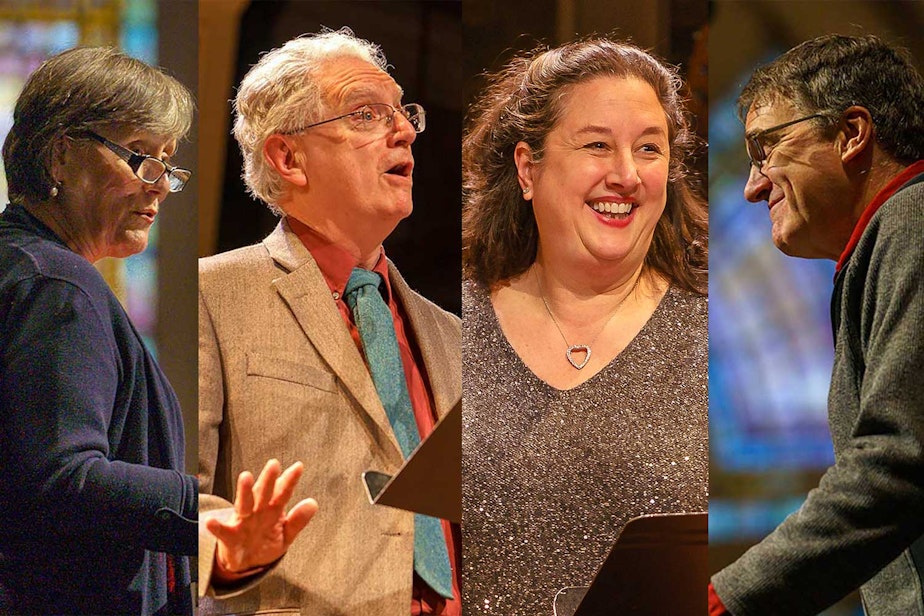Gather ‘round for a roguish, timeless Christmas tale

Charles Dickens published his classic A Christmas Carol on December 19, 1843. He had written it in just 6 weeks’ time. He was 31 years old and hoped the work would sell well. He was in a bit of a financial bind.
This episode was published originally on December 18, 2020.
Elements of Dickens’ own life colored the novel. When he was 12, his father, a clerk in a pay office, was sent to debtors’ prison. Charles had to go to work in a factory under miserable conditions. While he went on to become a wildly successful author, he hadn’t forgotten his origins. However, with stagnant sales, mounting debts, and a fifth child on the way, he was keen to avoid his father’s fate.
While the work was in part mercenary, it was also inspired by a genuine empathy for those experiencing poverty. That October, Dickens traveled to Manchester to give a speech. The subject was the importance of education for every class. He had considered writing a pamphlet titled "An Appeal to the People of England on behalf of the Poor Man’s Child,” but he scrapped that project.
He noted at the time that he had another idea with potentially “20,000 times the force.” While on that trip, he visited a nephew who had a disability. Dickens also had a sickly younger brother the family had nicknamed Tiny Fred.
Though A Christmas Carol sold out its first run of 6,000 copies in a week, it wasn’t initially the financial success Dickens had hoped for. Nevertheless, he bounced back. The Carol has, of course, earned an enduring legacy.
Sponsored
Later in his life, he gave many paid readings of the work. Dickens delivered one in Boston in 1867 on Christmas Eve. It was reported that a businessman who heard that telling closed his factory for Christmas and gave all his workers a turkey. [A note to all the successful business people out there.]
Every year, for 13 years now, Town Hall Seattle has presented A Rogue’s Christmas. This year, curator Jean Sherrard and friends chose to present A Christmas Carol. The readers include Jean Sherrard, Kurt Beattie, Marianne Owen, and Julie Briskman.
Musical elements include a recording of the Dorpat brothers performing The Poor Birdie Song; interstitial music composed and performed by Ethan Sherrard; and a performance by the Rogue’s house band Pineola. Josh Manley engineered the program.




